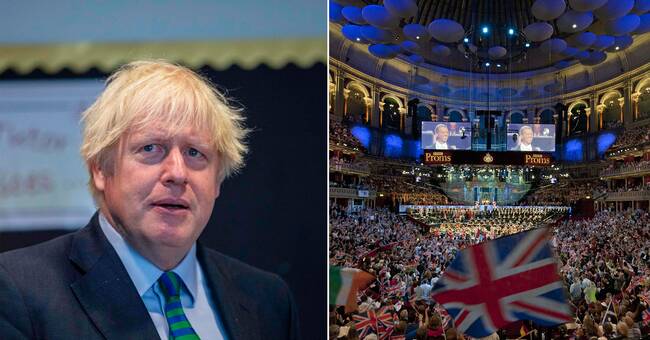An article in the Sunday Times on August 23 read that the BBC was considering not performing the Rule Britannia and Land of hope and glory with reference to the Black lives matter demonstrations.
The article wrote that one reason was that the Finnish conductor Dalia Stasevska, the second woman ever to conduct during the traditional evening Last night of the proms, was for a change and supports the BLM movement.
However, both the BBC and Stasevska herself have denied that she had anything to do with the decision.
The slave trade under scrutiny
During the summer, protesters have questioned tributes to old colonial heroes in several countries.
Several statues of the seafarer Christopher Columbus have been overturned and vandalized in the United States, and in Belgium the colonial king Leopold's images have been destroyed in several places.
In Britain, statues of slave owners have been overturned and Britain's slave trade history has been discussed more extensively.
Britain and Portugal were the two dominant countries in the slave trade to the United States.
An estimated 3.1 million Africans were transported from British colonies to other countries between 1640 and 1807, according to the British National Archives.
The text "Britain will never never be slaves" in Rule Britannia has therefore been put in a different light.
Watch Prime Minister Boris Johnson comment on the BBC's decision to perform Rule Britannia without text in the clip.

